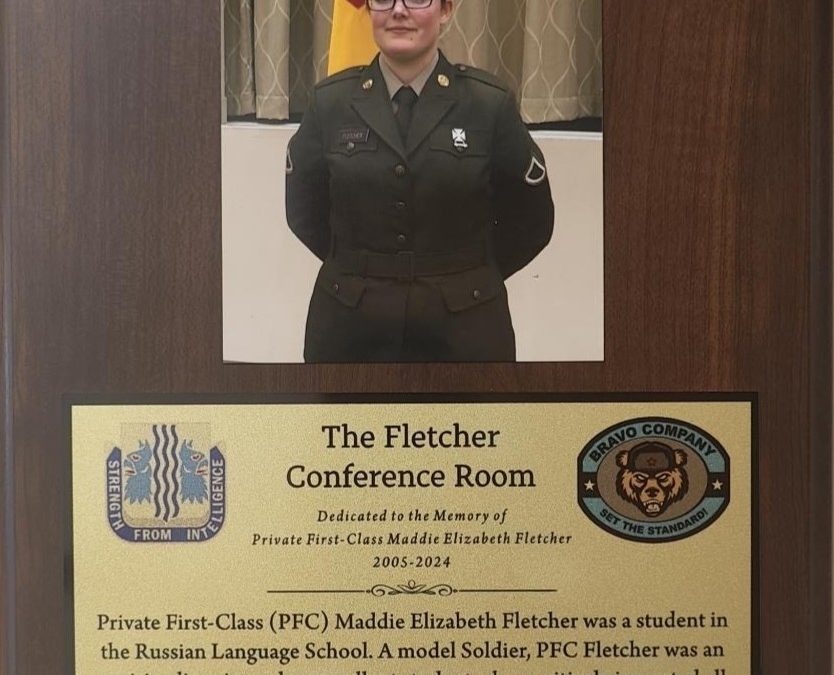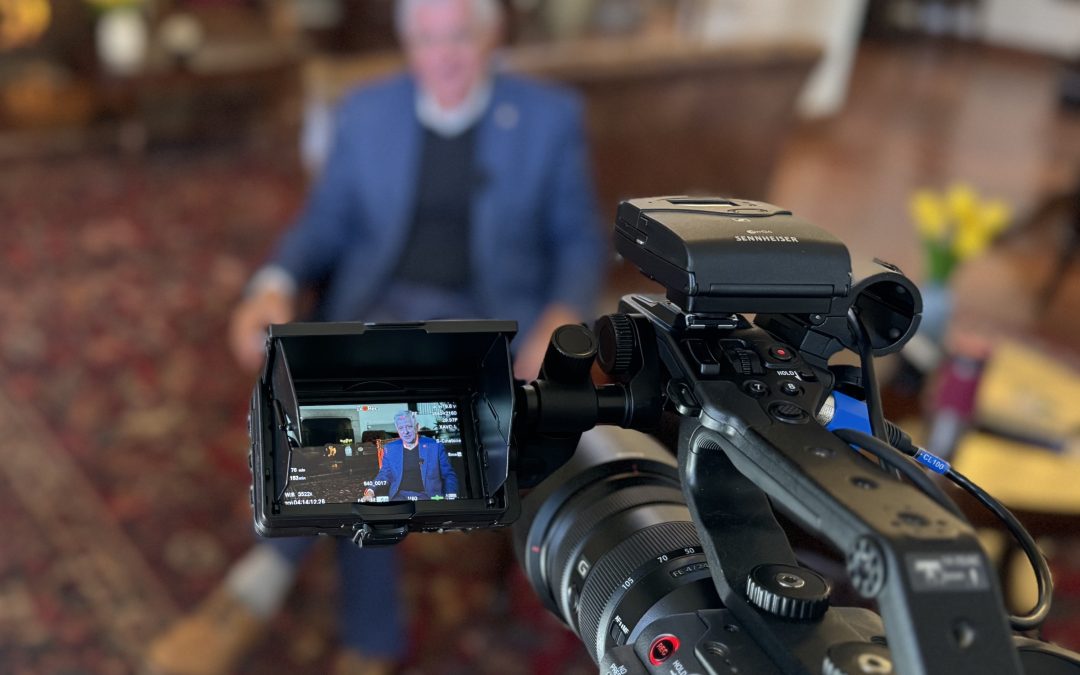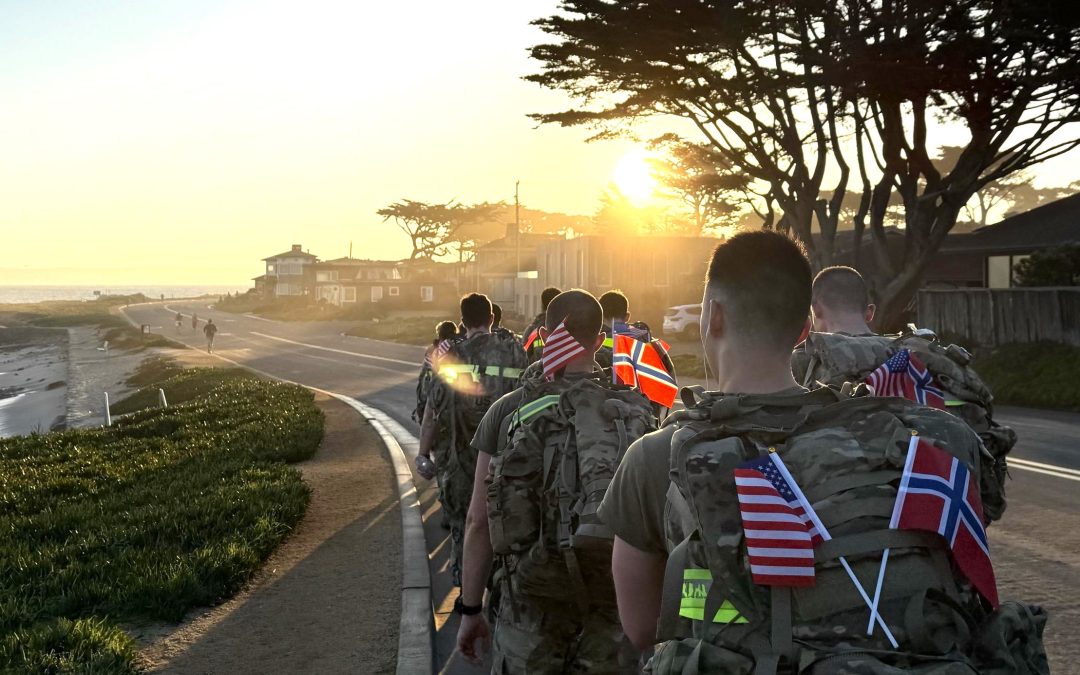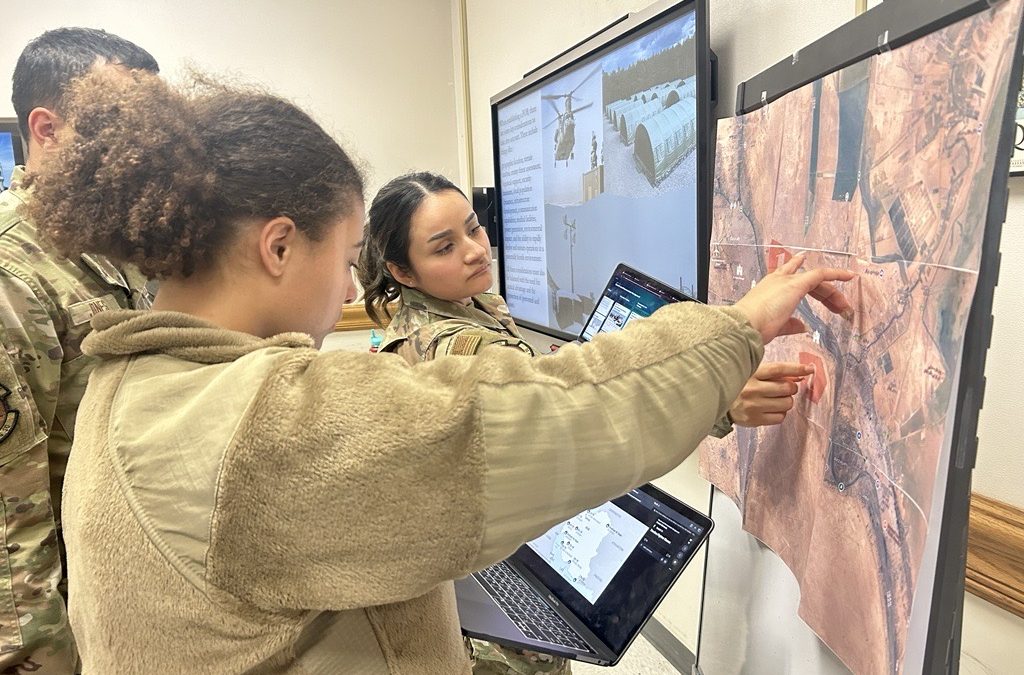By Patrick Bray
DLIFLC Public Affairs

Kim Sung-lim, a former Korean instructor at the Defense Language Institute Foreign Language Center and now a security coordination officer within the department of safety and security at the United Nations, returned to DLIFLC to speak about the U.N. Jan. 28-29. (Photo by Patrick Bray, DLIFLC Public Affairs)
MONTEREY, Calif. – Kim Sung-lim, a former Korean instructor at the Defense Language Institute Foreign Language Center and now a security coordination officer within the department of safety and security at the United Nations, returned to DLIFLC to speak about the U.N. Jan. 28-29.
Kim spoke about the role of the U.N. in monitoring the human rights situation in North Korea and presented on the first day to Foreign Area Officers and Military Language Instructors and the second day with students attending the institute’s Korean school.
“There is no parallel in the contemporary world to the level of human rights abuse in the Democratic People’s Republic of Korea,” said Kim.
For decades, North Korea has remained at the top or near top of all measures of state repression. The U.N. General Assembly has condemned North Korea for human rights abuses annually since 2003.
“The U.N. is expected to be impartial even as a humanitarian agency, but in some cases it must execute justice,” said Kim, who feels very strongly about human rights abuses in North Korea.
Human rights abuse is only one of many issues the U.N. must deal with on North Korean. A nuclear test was detected in the north of the country in early January. The U.N. Security Council quickly held an emergency meeting at the request of South Korea and decided to increase economic sanctions against the North.

Conference Row in the Joint Security Area, also known as the “Truce Village,” between North Korea (right side) and South Korea (left side) within the Demilitarized Zone is seen here in 2010. In 1945, the U.N. was established to prevent war, but it approved use of force in two situations: Korea in 1950 and Iraq in 1990. North and South Korea signed an armistice in 1953 ending the conflict, but both countries are still technically at war. Therefore, tensions between the North and South often become elevated and sometimes hostile as a peace treaty was never signed. (U.S. Army photo by Patrick Bray/released)
In 1945, the U.N. was established to prevent war, but it approved use of force in two situations: Korea in 1950 and Iraq in 1990. North and South Korea signed an armistice in 1953 ending the conflict, but both countries are still technically at war. Therefore, tensions between the North and South often become elevated and sometimes hostile as a peace treaty was never signed.
“As a legitimizing body, the U.N. should be robust enough to diffuse these type of tensions,” said Kim, but it faces many challenges.
Kim believes that the U.N. should have more authority to intervene to stop human rights abuses and supports the notion of reform for the international body that would allow for those changes. Currently, the organization, founded in 1945, is charged with maintaining international peace and security and to suppress the acts of aggression or other breaches of peace.
“U.N. workers could be vulnerable if we don’t find a balance between impartiality and justice,” said Kim as she elaborated on recent conflicts in Africa and the Middle East. One of her concerns is the safety of U.N. workers and peacekeepers worldwide as some states and non-state actors ignore U.N. authority.
Before joining the U.N., Kim was an assistant professor in DLIFLC’s Korean School from 2004 to 2007.
“The language you are learning, regardless of which one, is very important and key in national interest. The scope of application may be different – it could be defense, safety or national security – but the bottom line is these languages are important.”
Kim had advice for all language students who may be interested in a U.N. career someday.

A teacher at the Defense Language Institute Foreign Language Center poses a question to Kim Sung-lim, a security coordination officer within the department of safety and security at the United Nations, Jan. 28-29. (Photo by Patrick Bray, DLIFLC Public Affairs)
“Have an interest and pay attention to what’s happening around the world. There are many sources of information these days. So, we can pay attention more. Increase your interest on some of these issues and you’ll find a way to contribute yourself one way or another,” said Kim.
“DLI helped me to get to the U.N. because it was government work, which meant it was non-profit. It was service,” said Kim. “Also I was able to work with many multinational people at DLI and that helped me in my job now.”
Kim graduated from the Middlebury Institute of International Studies in Monterey, California, in translation and interpretation in 2001 and international policy in 2003.
DLIFLC provides resident instruction in Monterey in 23 languages with the capacity to instruct another 65 in Washington, D.C., graduating more than 230,000 linguists since 1941.




